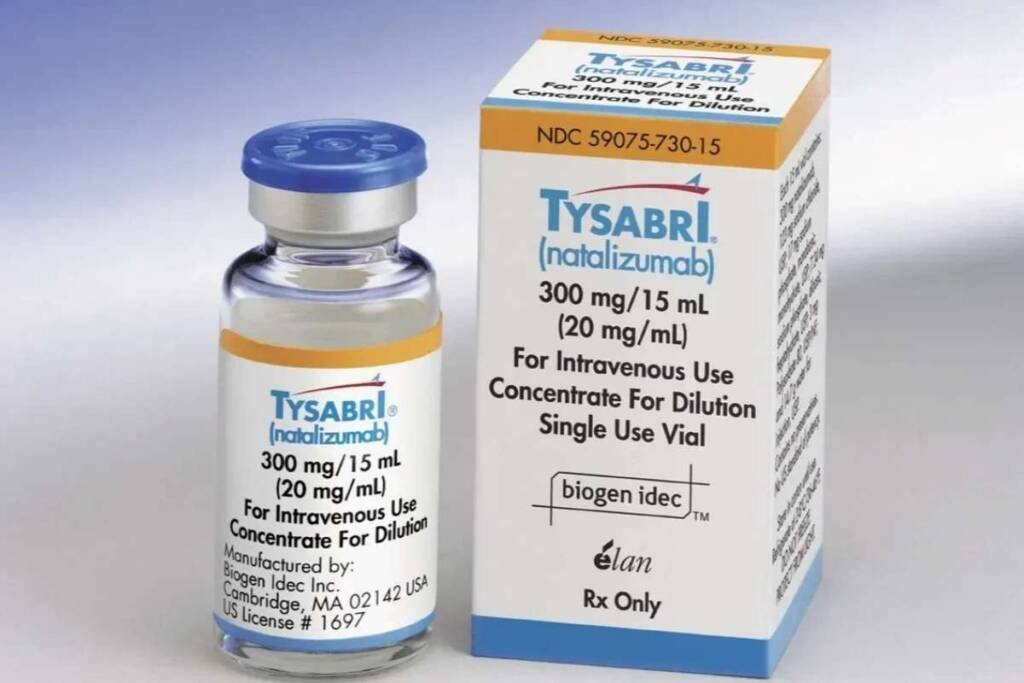Source – Novartis
On July 24, 2023 Sandoz announced a significant milestone. The Committee for Medicinal Products for Human Use (CHMP) of the European Medicines Agency (EMA) has granted a favorable opinion for marketing authorization of an innovative biosimilar called natalizumab, which was developed by Polpharma Biologics.
This groundbreaking authorization allows the use of natalizumab as a singular disease-modifying therapy (DMT) for adults afflicted with highly active relapsing-remitting multiple sclerosis (RRMS), matching the same indication as approved by the EMA for the reference biologic.
In 2019, Sandoz entered into a strategic global commercialization agreement for the biosimilar natalizumab with Polpharma Biologics. As part of this agreement, Polpharma Biologics will retain responsibilities for the development of the medicine, its manufacturing, and the supply of the drug substance. Meanwhile, through an exclusive global license, Sandoz gains the rights to commercialize and distribute the biosimilar in all markets.
“Access to affordable, high-quality treatments like disease-modifying therapies – which are a cornerstone in the treatment of multiple sclerosis – remains limited for many people living with this disease. At Sandoz, we are committed to accelerating access to potentially life-changing treatments to patients in need around the world. The positive opinion from the CHMP is a clear step in the right direction to address the burden of the disease for those living with multiple sclerosis while also delivering savings for healthcare systems.”
– Pierre Bourdage, Chief Commercial Officer, Sandoz
Multiple sclerosis (MS) is a chronic, inflammatory, and neurodegenerative disease affecting the central nervous system (brain and spinal cord) due to myelin damage. This condition significantly impacts an individual’s daily life and necessitates lifelong treatment. MS manifests with a wide range of symptoms, including blurred vision, fatigue, weak limbs, unsteadiness, tingling sensations during onset, limited mobility, breathing and communication difficulties, and neurological decline in later stages. However, the cost of treatment and limited access can place substantial stress and financial burden on individuals living with MS, their families, and healthcare systems.
The regulatory submission package for natalizumab’s marketing authorization included comprehensive analytical, preclinical, and clinical data. This package presented evidence from extensive analytical characterization, as well as findings from a Phase I PK/PD study and a confirmatory Phase III Antelope study involving RRMS patients. Both studies successfully met their primary endpoints, demonstrating that the biosimilar matches the reference biologic in terms of pharmacokinetics, efficacy, safety, and immunogenicity.
Sandoz remains firmly committed to helping millions of patients gain access to critical and potentially life-changing biologic medicines in a sustainable and affordable manner across various medical areas, such as immunology, oncology, supportive care, and endocrinology. With an esteemed global portfolio comprising eight marketed biosimilars and an additional 24 assets in various stages of development, Sandoz has been a pioneer in the field of biosimilars since launching the first one in Europe in 2006. Their success in introducing biosimilars has led to early and expanded patient access to transformative medicines, while also generating healthcare savings and promoting healthy competition that drives innovation and the development of improved treatments for areas of unmet medical needs.





























